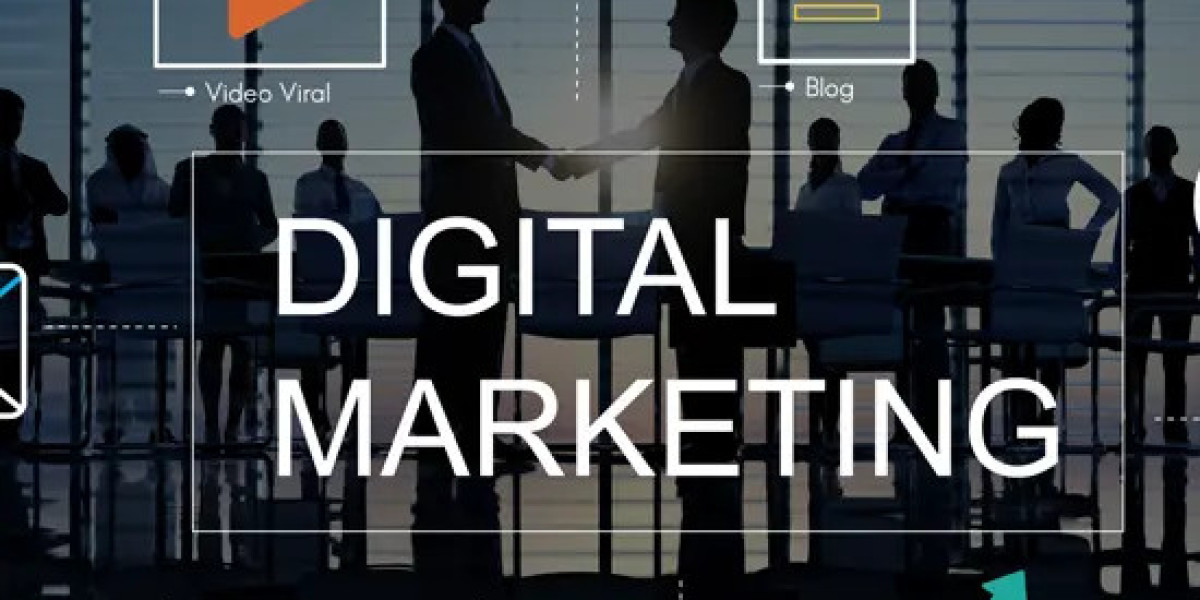What are the different forms of digital marketing?
Introduction:
In the rapidly evolving landscape of marketing, digital channels have emerged as powerful platforms for reaching and engaging with target audiences. From social media to search engines, email to content marketing, the realm of digital marketing encompasses a wide array of strategies and tactics aimed at driving brand awareness, generating leads, and fostering customer relationships. In this comprehensive guide, we delve into the different forms of digital marketing, exploring their unique characteristics, benefits, and applications in today's digital age.
1. Search Engine Optimization (SEO):
Search Engine Optimization (SEO) is the practice of optimizing a website to improve its visibility and ranking in search engine results pages (SERPs). By targeting relevant keywords, optimizing website content, and enhancing technical aspects such as site speed and mobile-friendliness, SEO aims to increase organic traffic and attract qualified leads. Key components of SEO include keyword research, on-page optimization, link building, and performance tracking through tools like Google Analytics and Search Console.
2. Search Engine Marketing (SEM):
Search Engine Marketing (SEM) involves the use of paid advertising to increase visibility and drive traffic to websites through search engine results. SEM typically encompasses pay-per-click (PPC) advertising campaigns, where advertisers bid on keywords to display their ads prominently in search results. Platforms like Google Ads and Bing Ads allow advertisers to create and manage PPC campaigns, set budgets, target specific demographics, and track campaign performance through metrics such as click-through rates and conversion rates.
3. Social Media Marketing (SMM):
Social Media Marketing (SMM) leverages social media platforms such as Facebook, Instagram, Twitter, LinkedIn, and Pinterest to promote products, services, and brands. SMM involves creating and sharing content, engaging with followers, running paid advertising campaigns, and analyzing performance metrics to optimize results. Social media platforms offer powerful targeting options based on demographics, interests, and behaviors, enabling advertisers to reach highly relevant audiences and drive engagement and conversions.
4. Content Marketing:
Content Marketing focuses on creating and distributing valuable, relevant, and consistent content to attract and engage target audiences. Content marketing encompasses various forms of content, including blog posts, articles, videos, infographics, podcasts, and ebooks, tailored to address the needs and interests of the target audience. By providing informative and engaging content, businesses can build brand awareness, establish thought leadership, and nurture relationships with prospects and customers over time.
5. Email Marketing:
Email Marketing involves sending targeted messages to a list of subscribers with the aim of nurturing leads, driving sales, and building customer relationships. Email marketing campaigns can include promotional offers, newsletters, product updates, and personalized recommendations based on user behavior and preferences. Email marketing platforms offer features such as segmentation, automation, A/B testing, and performance tracking to optimize campaign effectiveness and deliver relevant content to subscribers.
6. Affiliate Marketing:
Affiliate Marketing is a performance-based marketing strategy where businesses partner with affiliates or influencers to promote their products or services in exchange for a commission on sales generated through referral links. Affiliate marketers earn a commission for each sale or conversion they drive, incentivizing them to promote products and services to their audience. Affiliate marketing networks and platforms facilitate partnerships between businesses and affiliates, track referrals, and manage commission payments.
7. Influencer Marketing:
Influencer Marketing involves collaborating with influencers, celebrities, or industry experts to promote products or services to their audience. Influencers leverage their authority, credibility, and social media following to endorse brands and products, driving awareness, engagement, and conversions. Influencer marketing campaigns can include sponsored content, product reviews, giveaways, and brand collaborations, tailored to align with the influencer's niche and audience preferences.
8. Video Marketing:
Video Marketing utilizes video content to engage and captivate audiences across digital channels. Video content can take various forms, including product demonstrations, tutorials, testimonials, vlogs, and livestreams, tailored to resonate with the target audience and convey key messages effectively. Video marketing platforms such as YouTube, Vimeo, and TikTok offer opportunities for businesses to reach large audiences, optimize content for search, and measure performance through metrics like views, watch time, and engagement.
Conclusion:
In conclusion, the landscape of Digital marketing course in Chandigarh is vast and dynamic, encompassing a diverse range of strategies and tactics aimed at reaching, engaging, and converting audiences in the digital realm. From search engine optimization and social media marketing to content marketing and influencer partnerships, businesses have a multitude of options for promoting their products and services and achieving their marketing objectives. By understanding the different forms of digital marketing and leveraging the right mix of channels and tactics, businesses can effectively connect with their target audience, drive brand awareness, and drive business growth in today's digital age.








